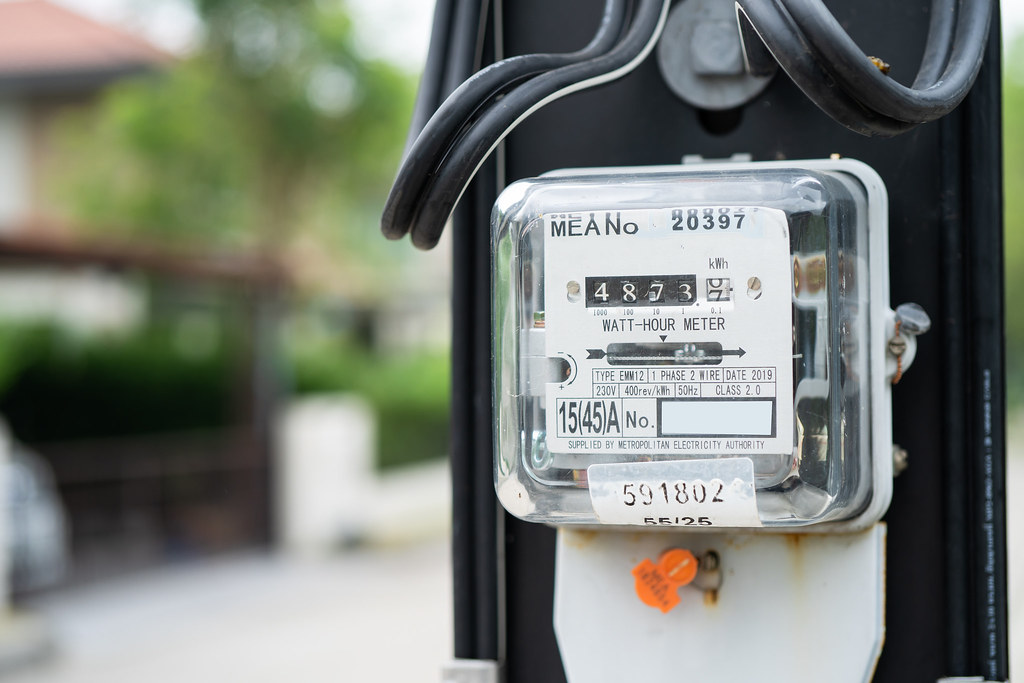
Thailand's Prime Minister supports reducing electricity prices to below 4 Baht per unit. (Photo: Paetongtarn Shinawatra's facebook)
Thailand will hold local elections on Feb. 1, with electricity prices becoming a key issue. The de facto leader of the ruling Pheu Thai Party, former Prime Minister Thaksin Shinawatra, recently raised the topic of lowering electricity rates, sparking widespread discussion. Most of the proposals are related to renewable energy.
Prime Minister supports electricity price reduction
Earlier this month, Thaksin Shinawatra, during a campaign stop in Chiang Rai, urged the government to lower electricity prices from the current 4.15 baht per kilowatt-hour (about 0.12 USD) to 3.7 baht (about 0.11 USD). His daughter, Paetongtarn Shinawatra, who is also the current Prime Minister, has expressed support for the proposal.
On Jan. 16, the Energy Regulatory Commission (ERC) introduced a plan suggesting that the government cut investments in renewable energy. This could potentially lower electricity rates by 0.17 baht per kilowatt-hour (about 0.0049 USD). The proposal has already been submitted to the Cabinet for review.
The largest component of Thailand's electricity prices is fuel costs, which account for 60%, followed by Availability Payments (AP) under power purchase agreements at 16%, transmission costs at 10%, and distribution costs at 6%. National policy expenditures for promoting renewable energy and supporting the Energy Development Fund, as well as subsidies for the Electricity Generating Authority of Thailand (EGAT), make up around 4% each.

Thaksin calls for lowering electricity rates from the current 4.15 baht per kilowatt-hour to 3.7 baht. (Photo: iStock)
Three main proposals to reduce electricity prices
AP is also seen as an area for adjustment since Thailand has a surplus of electricity supply. As a result, the national power authority has agreed to relatively high electricity rates in power purchase agreements, despite lower actual consumption.
Isares Rattanadilok Na Phuket, Vice President of the Federation of Thai Industries (FTI), stated that adjusting AP could help reduce both generation and distribution costs. He also suggested lowering transportation costs for the country's primary electricity source—liquefied natural gas (LNG).
Additionally, some experts have recommended diversifying power sources. Chalie Charoenlarpnopparut, an energy analyst at the Sirindhorn International Institute of Technology, noted that natural gas accounts for 60% of Thailand’s total power generation, and reducing reliance on it could lower electricity prices.
The outbreak of the Russia-Ukraine war in 2022 caused LNG prices to surge, driving Thai electricity prices to a record high of 4.72 baht per kilowatt-hour (about 0.14 USD). Echoing Chalie’s comments, Isares urged the government to focus on developing solar and wind power to help power companies reduce fuel costs.
Source: Bangkok Post(1), (2)


